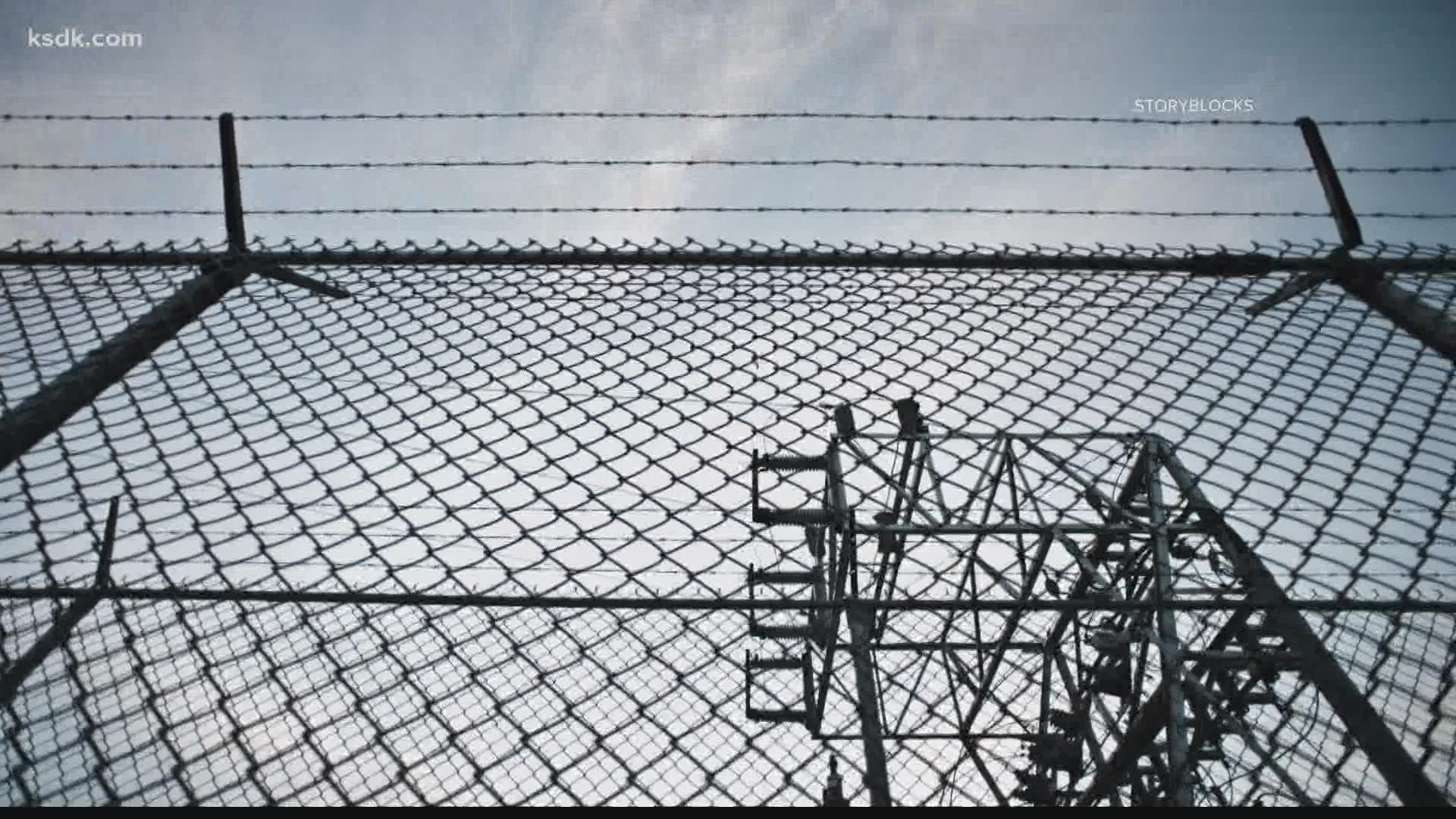ST. LOUIS — When Joe Biden used his presidential clemency powers for the first time, two St. Louis men, David C. Frazier and Bryon James Miller, were on the list.
"We were glad that he did it, and it's also notable that he used it so early in his administration," Kevin Ring of sentencing reform group Families Against Mandatory Minimums said. "A lot of times, presidents wait until the end to do it. And so to do it within 15 months, we were glad to see it."
Ring said Biden's clemency announcement was focused on people who fit two categories: offenders who were already released to serve time in home confinement because of the coronavirus pandemic and people who were convicted of non-violent drug offenses at a time when sentencing recommendations ran much longer than current standards.
"Were they to be sentenced today, they would be looking at less time," federal public defender Kevin Curran said.
First Assistant with the St. Louis Federal Public Defender's Office, Curran says their staff has spent countless hours working on clemency petitions.
"I mean, I think we probably processed a couple hundred," he said after a long sigh, "they're not all successful."
Curran said many of their clemency cases have the support of the prosecutors and judges, even at times initiating a petition when a judge reaches out concerned over a prior sentence imposed with mandatory minimums.
"We even had cases where the judge at the time of sentencing would say things like 'I’m giving you 30 years, however, I think it is too harsh, but my hands are tied because of the law,'" he said, adding, "I think that is a common worry or a common misconception that it is either the defense attorneys who want [inmates] out or you have a president with a liberal bent."
Arrested in 1996 for possession with the intent to distribute crack and powder cocaine, Byron James Miller has been in custody longer than any of the other inmates on Biden's clemency list.
He was sentenced to a total of 502 months -- or more than 41 years -- for the original charge plus an additional case tied to heroin inside a federal prison.
David C. Frazier was sentenced to 144 months of imprisonment for cocaine-related charges in 2014.
"There's a backlog of 18,000 petitions for clemency, and so it can feel like the lottery to get considered," Ring said.
Ring says it might feel counterintuitive, but letting some people out of prison earlier can make room for more safety initiatives.
"The truth is our prison sentences at the federal level are so long that right-sizing them through clemency actually allows us to save money and put resources into things that will keep us safe. Overincarcerating people and keeping them in jail longer than they need to be doesn't keep us safe," he said.
According to the White House, their sentences have been commuted to expire on April 26, 2023, with the remainder to be served in home confinement. Any supervised release will remain intact and in effect.

